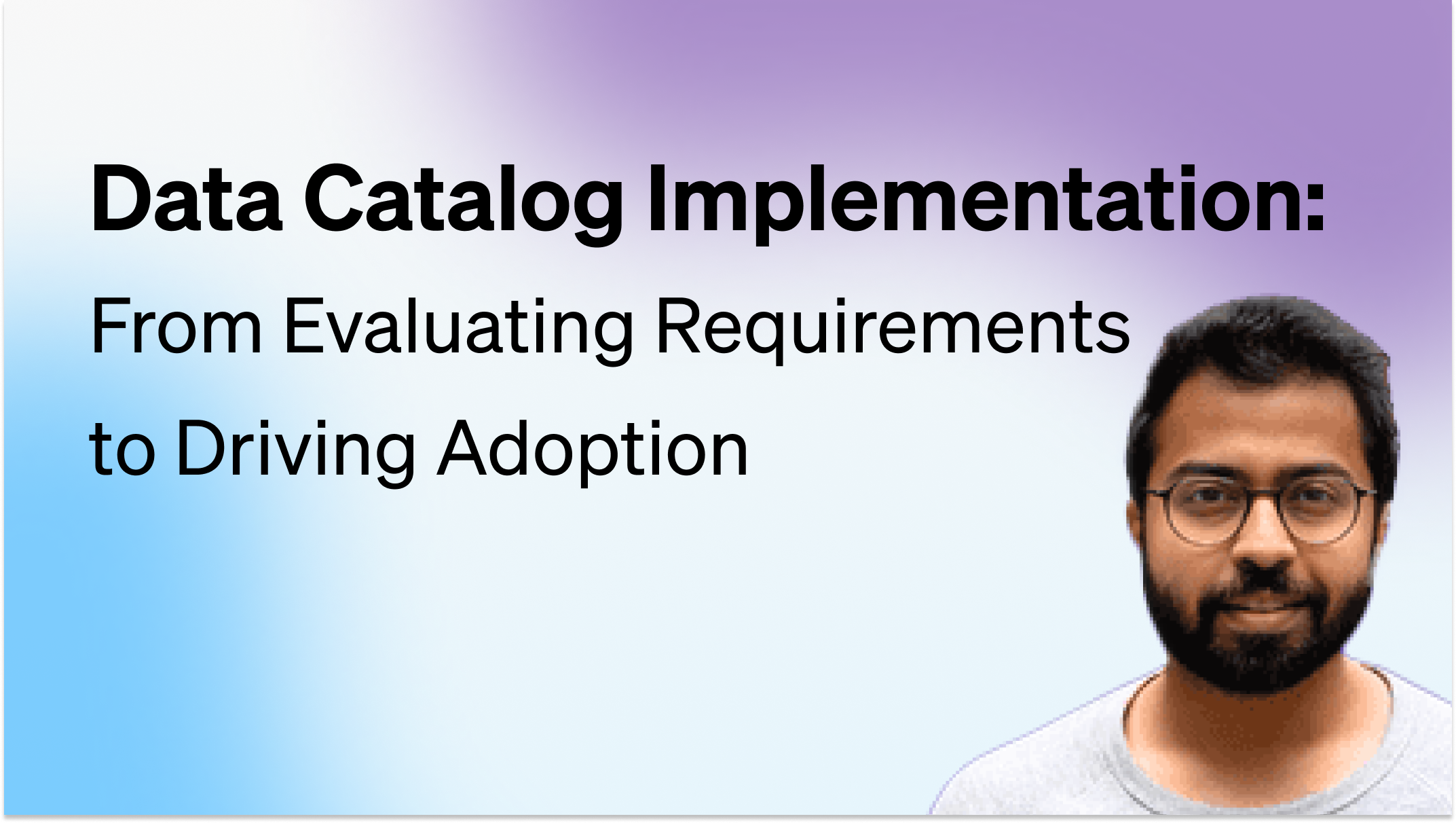
Nestled in the quiet confines of the University of Texas in Austin was the location for one of the most unique and fastest-growing data conferences in North America. Positioned for data practitioners, Data Council is a 3-day conference covering data management, data integration, machine learning, and exploratory data science. The broad nature of the subject matter allows for cross-discipline conversations that truly capture the breadth of data work that modern teams have to tackle. The speakers are often authentic and purposeful, focusing on building solutions versus interjecting further confusion with hype and rhetoric. In addition, conference attendees get to mingle directly with solution providers while snacking on some of the tastier breakfast tacos the lone star state has to offer. Overall the mix of practitioners, luminaries, and solution providers provides a unique climate for problem-solving, well appreciated by the attendees. In the mix this year were keynotes and roundtables, lightning talks, and breakout sessions. We will dive into some of the highlights.


Keynotes and Breakout Sessions
Day 1 started with much anticipation and said delicious tacos. Keynotes covered controversial topics like “Big Data is Dead” and breakouts featured key data leaders like data contracts evangelist Chad Sanderson, machine learning garbage fire chief Emily Curtin, and Uber’s Nan and Yupeng, who detailed the team's journey to hyper-growth. After a full day of talks, attendees were eager to mingle. This team at Databand delivered a perfect opportunity for people to connect at the conference community event (Thanks Databand!).
Day 2 keynotes ventured into topics of machine learning and AI, with the opening panel on the state of AI featuring some of machine learning’s core orchestrators. This cascaded into breakout conversations about development for generative AI, leveraging OpenAI for crisis response, and building metric tree assessments for team productivity. The Data Council team also assembled a great panel of investor-leaders who discussed how investors think about data and its growing potential.
Day 3 delivered a powerful and important message from former US Chief Data Scientist DJ Patil on the government's core mission to enable data workers everywhere. DJ ruminated on his time in the role and what he might have changed looking back. The breakouts that preceded focused on the heroics of data teams in building out processes and new capabilities. Data leaders from Github, Riot Games, and Freewheel chronicled their team stories to help future data teams guide toward success. The day ended with another expert panel dead-set on dispelling the hype and confusion in the data ecosystem with leaders from Hex, dbt, and West Marin Data. Throughout the third day, there was another lively gathering happening, a lightning talk track brought to you by the organizers of Data Council and Select Star.

Lightning Talks: Practical Tidbits from Fast-growing Companies
The lighting track was featured during the last day of the Data Council conference. Although it was the last day of the conference, we were met with a ton of energy and interest. This lightning track was curated by Select Star founder and CEO Shinji Kim in partnership with Data Council. The track aimed to feature innovative data product and solution leaders in a direct and abbreviated conversation explaining how they did it and what lessons they learned along the way. The response to the call for speakers was inspiring and we knew we had some great topics and enigmatic speakers on our hands. The reality of the day did not disappoint.
The lightning talks covered various topics of the data ecosystem - data management, machine learning, data reliability engineering, building data products and more. Here’s a play-by-play and a little taste of what you can expect from this crowd in the future.













We can’t thank everyone enough, from the speakers to the participants, for their energy on Day 3. The level of engagement we experienced helped us finish Data Council on a strong note.

Wrapping Up
We would be remiss if we didn’t mention the great conversations had at the Select Star booth at Data Council. We spoke with engineers trying to better document their integrations and curated data sets, analysts who wanted to better understand the origin and dependencies of their workbooks/dashboards, and data scientists who wanted to better understand their data model to build features. Select Star can better solve real-world problems in their organizations.
That’s a wrap - we look forward to the next year’s Data Council event. If you chatted with us at the show or simply want to learn more about data discovery, schedule time with our experts today.









